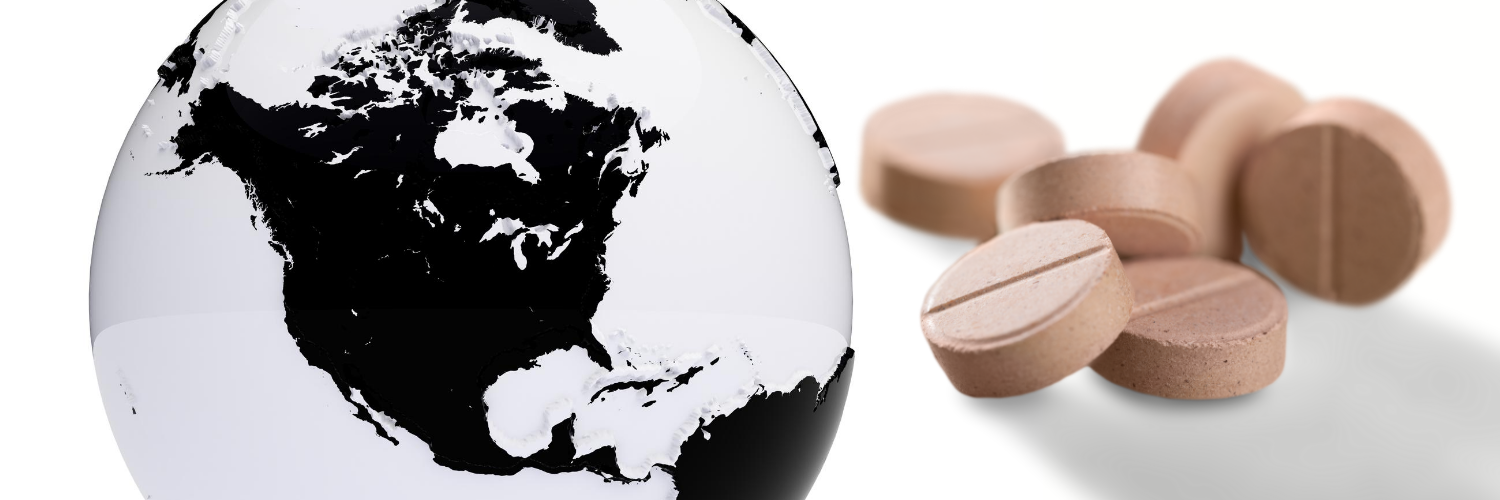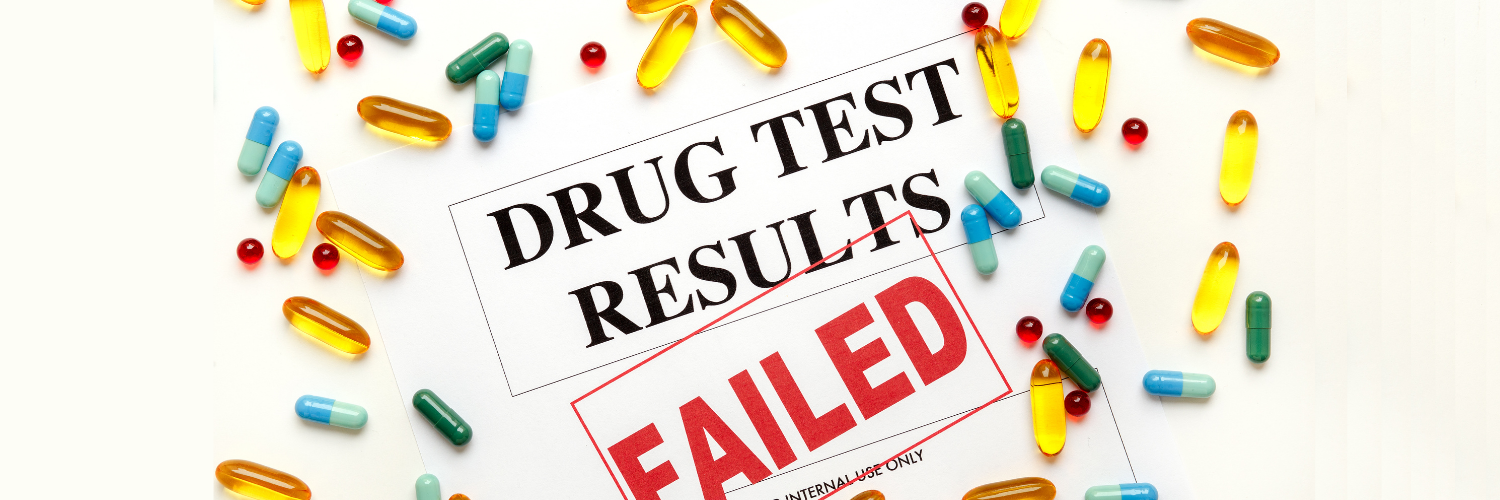Should you participate in that clinical trial?

Clinical trials are necessary parts of the drug development process. The FDA requires approved drugs to have not one, but two “well-designed” clinical trials. But should you, a consumer suffering from a chronic condition (or not), engage in one? Today, with institutional review boards monitoring clinical trials for patient safety, clinical trials are actually quite safe. More often, consumers risk inconveniencing themselves — a healthy amount of doctor’s appointments, experiencing uncomfortable but not life-threatening symptoms — than their lives. Still, you should be smart about the kinds of trials in which you choose to participate. As we are scrupulous in our inspections of online pharmacies, you should inspect your prospective clinical trial for potential fraud or harm.
A history of violence
Clinical trials understandably have a bad reputation. The Tuskegee Study in the 1930s — an ethically unjustified study on Black men — has cast a pall over the entire process. In 2006, a clinical trial in the UK nearly killed its six subjects. More recently, AstraZeneca halted phase 3 of its COVID-19 vaccine trial after a participant exhibited serious neurological symptoms. Only after this news broke did the press discover that AstraZeneca had previously halted its vaccine clinical trials. (AstraZeneca itself has yet to confirm this report.) A sordid history has left clinical trials shrouded in unease and even fear.
How an idea becomes an approved prescription drug
In 1962, the Kefauver-Harris amendment to the Food, Drug, and Cosmetic Act (first established in 1938) set forth new standards for drug development. Under the new law, drugmakers had to prove a drug was both safe and effective via well-conducted clinical trials before they could earn FDA approval.
Investigational New Drug Application
Before a drug can enter clinical trials, the FDA must first approve its IND application. The IND itself is a way to ensure the safety of human subjects during eventual clinical trials. Information from animal studies with the drug usually provides insight into the drug’s potential dangers. “Investigators” — the title given to the person or organization operating a trial — need FDA approval of the IND application before they can apply the drug to humans and ship the drug between states. A drug that is already FDA-approved must also receive an IND if it is to enter a clinical trial for a use for which it is not yet indicated unless it falls under certain FDA exemptions.
As part of the IND process, the investigator or the sponsor (the corporate entity who will be offering funding) of the clinical trial will report to the FDA any “serious or unexpected” events that may have been associated with the drug in question. This information can come from any source, even hearsay from a recent medical convention or an unpublished paper. Per the FDA, the IND application itself must include data from animal studies of the drug, specifically in relation to the drug’s potentially harmful effects.
Phase 1 Trial
The first big trial! A phase one trial would be arguably the least safe, as it may be the drug’s first interaction with human test subjects. Because phase one is potentially the most dangerous clinical trial, the FDA limits test subjects to just 100 people and the length to just a few months. In general, the subjects are healthy. The goal of a phase 1 trial is to discern the proper dose required for the drug to take effect safely. It is effectively another safety test. The investigator will tweak doses throughout the trial to discover how much drug humans need for the compounds to take effect.
Phase 2 Trial
A bigger trial, phase 2 usually includes 100+ test subjects who have the underlying disease. The trial may last a few years or a few months. The goal of a phase 2 trial is to determine how effective the drug is.
Phase 3 Trial
The biggest and longest trial, phase 3 is the last trial a drug must endure before potentially earning FDA approval. Phase 3 confirms efficacy and allows drugmakers to monitor potential side effects. The phase lasts at least a year and can have thousands of participants. Drug companies may operate several versions of phase 3 trials as they try to perfect dosage and cadence for the drug’s treatment plan.
Approval
Congrats! The FDA approved your drug for market distribution! Around one in four drugs makes it from phase 3 trials into the U.S. market, per the FDA, so you’re among a select few. At this point, the FDA may step in and make additional requirements for the drug in question. If the drug affects the central nervous system, for example, the FDA requires drugmakers to test their drug for potential abuse.
Phase 4 Trial
Oop. It’s like the after-credits sequence in a Marvel movie. Phase 4 trials happen as a drug enters the market in what the FDA calls “post-market safety monitoring.” Otherwise, Phase 4 trials allow drugmakers to look for new potential side effects for safety monitoring.
Informed consent
The FDA does not want drugmakers or clinical investigators to coerce subjects into joining a clinical trial. If you at all feel coerced into joining a trial, whether by a corporation or doctor, be wary: a well-operated clinical trial must obtain informed consent from all who participate in it. The FDA requires that clinical investigators “provide sufficient opportunity for the participant to consider whether to participate.” People considering entering a clinical trial must have access to abundant information about the drug, the company operating the trial, and the potential harmful effects of the trial. Again, the major risks that a clinical trial test subject undergoes are as follows:
-
The drug may not affect you at all
-
You may have to endure a tedious amount of time in a hospital
-
You may experience adverse effects
As outlined above, concerns about whether or not the drug will affect you would only apply in Phase 2 or Phase 3 trials.
Recent Successes
In 2019, Eli Lilly earned approval for its migraine treatment REYVOW (lasmiditan) after two phase 3 studies. More recently, after a phase 3 trial, Gilead’s COVID-19 treatment remdesivir resulted in an emergency FDA approval. REYVOW sells for an average of $96 per tablet in the U.S. Remdesivir, which is not technically on the market but will be used in hospitals, will cost U.S. commercial insurers $520 per dose.
COVID-19 Vaccine Clinical Trials
Perhaps the most important drug trial today, COVID-19 vaccine clinical trials are controversial. They need volunteers; how else are we going to find a vaccine for the virus sweeping the globe? But consumers and legislators alike are concerned that political desires to stop the pandemic are making drugmakers move too quickly through the approval process.
“There are a lot of people on the inside of this process who are very nervous about whether the administration is going to reach their hand into the Warp Speed bucket, pull out one or two or three vaccines, and say, ‘We’ve tested it on a few thousand people, it looks safe, and now we are going to roll it out,” a member of the FDA’s vaccine advisory committee told the New York Times in September.
AstraZeneca, which had to halt its vaccine trials in phase 3 due to a dangerous side effect, is a shining example of a vaccine drug trial seemingly gone wrong.
There are many coronavirus vaccine and drug trials being conducted throughout the world at this point. Many are safe, and a few have already moved into phase 3 trials. If you’ve read this far, you’ll know that phase 3 is generally the safest phase.
So, should you enroll in that clinical trial?
Let’s walk through the most important questions to ask yourself before you sign up:
-
Did the investigator offer ample opportunity for you to ask questions?
-
Do you have an understanding of potential side effects?
-
Will the inconveniences of the study affect your life in any massive way?
-
What have previous versions of the trial looked like?
-
Is this a phase 1 trial? If so, what does previous research about the drug tell you about its potential side effects?
-
Is the potential good of the drug going to outweigh any inconveniences?
Whatever you do, keep asking questions, and keep reading the research. The drug development process is hairy and bureaucratic, but the better you understand it, the less likely you are to get taken advantage of.




